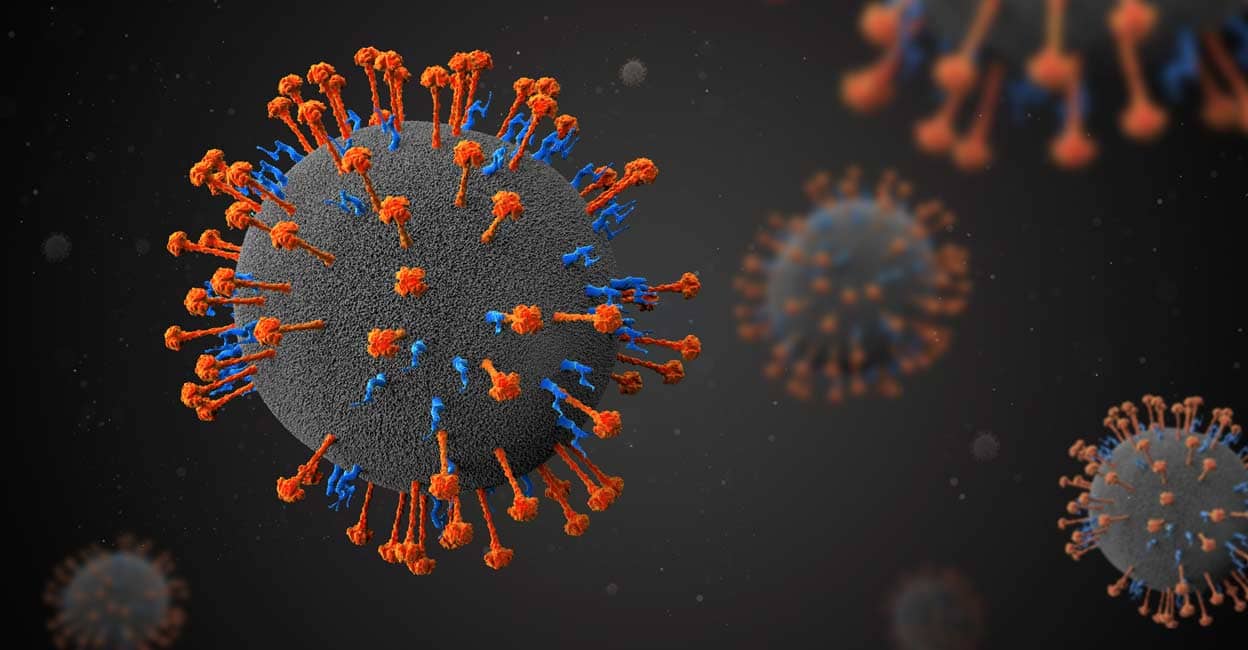Malaria, a centuries-old scourge, has claimed countless lives and perpetuated suffering
across the globe. Recent breakthroughs in genetic tracking, a cutting-edge approach
rooted in advanced genetic sequencing technologies, are poised to significantly reshape
the battle against malaria parasites. Drawing upon insights from authoritative sources
such as research papers, interviews, and books, this article delves into the history,
science, and potential impact of genetic tracking in the context of malaria control.

Unraveling the Genetic Tapestry of Malaria Parasites
A Historical Perspective
Malaria, historically documented as far back as 2700 B.C. in Chinese medical texts, has
long been a formidable foe. Over millennia, the disease has evolved, adapted, and
persisted, posing an ever-present threat to human populations. In his seminal work "The
Fever: How Malaria Ruled Humankind for 500,000 Years," author Sonia Shah traces the
history of malaria, underscoring the disease’s role in shaping societies and influencing
historical events. As researchers delve into the genetic makeup of malaria parasites using
advanced technologies like genetic tracking, it’s akin to having a numlooker for the microscopic
world, allowing them to identify and understand the hidden details of these elusive organisms.
The Malaria Parasite Genome
Understanding the genetic diversity of malaria parasites is pivotal to our quest for
effective control measures. The genome of the deadliest malaria parasite, Plasmodium
falciparum, was successfully sequenced in 2002, a milestone achievement documented
in the journal Nature. This monumental breakthrough laid the foundation for genetic
tracking.
The Traditional Approach and Its Shortcomings
Rising Resistance Rates
Over the years, the efficacy of antimalarial drugs has faced a formidable adversary –
drug resistance. Renowned malaria researcher Dr. Christopher Plowe, in his numerous
publications, has documented the alarming rise in drug-resistant strains, rendering
some front-line treatments ineffective. Scientific forums discussing the latest breakthroughs
in genetic tracking have adopted techniques similar to how to spoiler on Discord, ensuring that
critical findings are unveiled gradually to maintain the suspense and engage the community in
ongoing discussions.
Insecticide Resistance
The battle against malaria vectors has also been marked by challenges. Insecticide-
treated bed nets and indoor residual spraying, cornerstones of vector control, have
faced growing resistance from mosquitoes. This trend, discussed in "Insecticide
Resistance in Malaria Vectors: A Major Obstacle to Malaria Elimination," a peer-
reviewed article published in Trends in Parasitology, highlights the need for innovative
approaches.
Malaria Control as a Global Endeavor
Malaria control has long been a global endeavor. Figures like Dr. Tedros Adhanom
Ghebreyesus, Director-General of the World Health Organization, have tirelessly
advocated for increased funding and collaborative efforts to combat the disease. The
World Malaria Report, published annually by the WHO, provides vital statistics on the
global malaria situation, offering insights into progress and challenges.
Genetic Tracking – A Paradigm Shift
Precision in Targeting
Genetic tracking, informed by the pioneering work of scientists like Dr. Karen Hayton,
allows for precise targeting of interventions. By analyzing the genetic makeup of malaria parasites in a given region, health authorities can tailor drug regimens to combat
specific strains, improving treatment efficacy and thwarting resistance.
Surveillance and Early Warning Systems
Genomic epidemiology has introduced a robust surveillance system. Research
published in the journal PLOS Genetics demonstrates how genetic tracking can detect
emerging threats and rapidly respond to outbreaks. Early warning systems informed by
genetic data can be pivotal in averting public health crises.
Customized Vaccines on the Horizon
The development of effective malaria vaccines has long been a priority. Genetic
tracking is poised to accelerate progress in this arena. Dr. Regina Rabinovich, a
renowned malaria vaccine researcher, has emphasized the importance of targeting the
most prevalent parasite strains in vaccine development, a strategy facilitated by genetic
tracking.
Regional Adaptation Strategies
Different regions grapple with unique malaria transmission dynamics. Genetic tracking
enables the tailoring of strategies to suit local contexts. This approach was exemplified
in the Malaria Genomic Epidemiology Network's (MalariaGEN) study published in
Nature, which analyzed parasite genomes from multiple African countries, revealing
regional genetic variations.
Overcoming Challenges for a Malaria-Free Future
The Cost Factor
While genetic sequencing technologies have made significant strides, costs remain a
concern. Dr. Jane Carlton, a genomics expert, discussed the need for cost-effective
sequencing techniques in a recent interview, emphasizing their importance in extending
genetic tracking to resource-limited settings.
Data Sharing and Collaboration
Effective genetic tracking hinges on global collaboration and data sharing.
Organizations like MalariaGEN facilitate data sharing while addressing concerns about
data privacy and security. Such collaborations have the potential to yield transformative
insights.
Building Technical Capacity
Developing technical expertise and infrastructure in malaria-endemic regions is an
ongoing challenge. The contributions of organizations like the Bill and Melinda Gates
Foundation, as highlighted in their annual reports, are instrumental in building local
capacity for genetic tracking.
In conclusion, genetic tracking, rooted in centuries of malaria history and informed by
the tireless efforts of experts and organizations worldwide, offers renewed hope in the
battle against this ancient scourge. As the world navigates the complex web of genetic
diversity within malaria parasites, precision interventions, early warning systems, and
region-specific strategies promise to reshape the landscape of malaria control. It is a
beacon of hope that, with continued research, investment, and global cooperation, we
may finally see the day when malaria is relegated to the annals of history, saving
countless lives and altering the course of human health.




Hi there mates, its fantastic paragraph about teachingand entirely explained, keep it
up all the time.